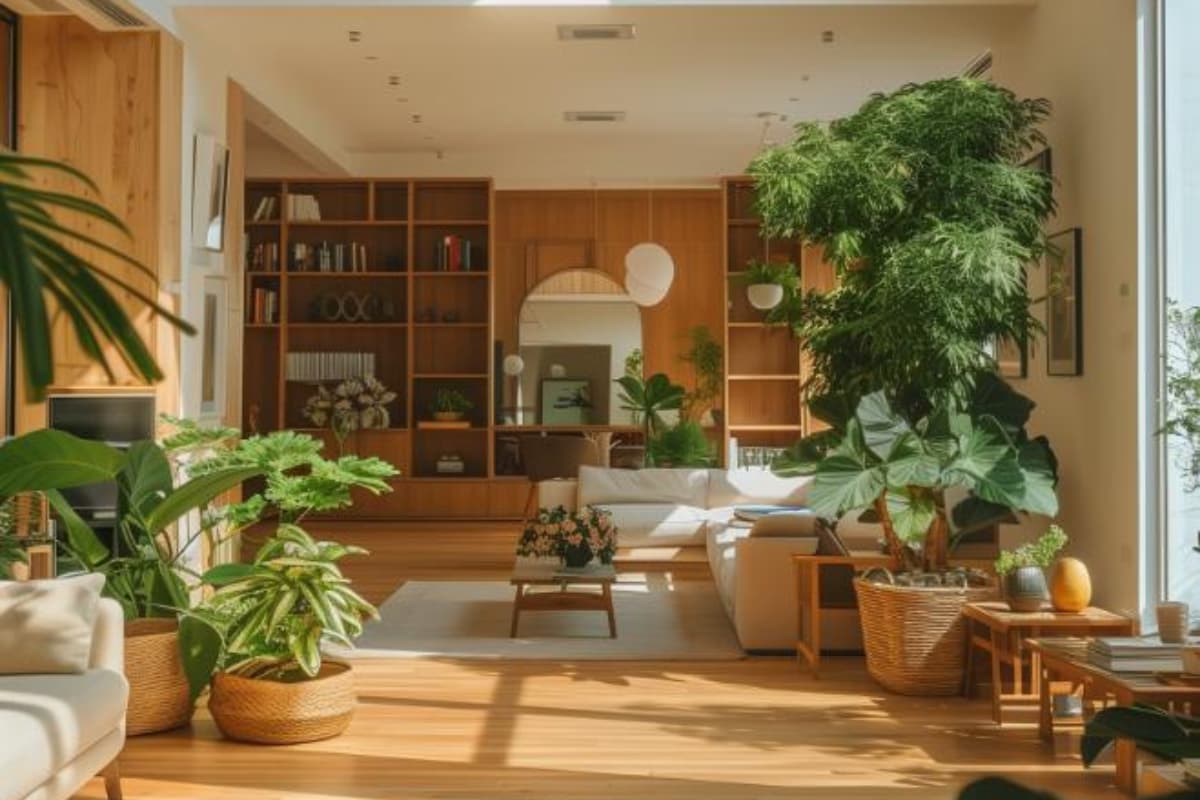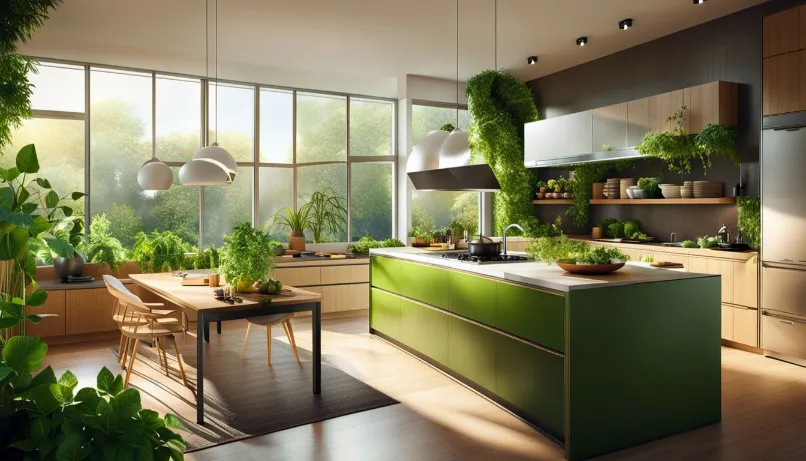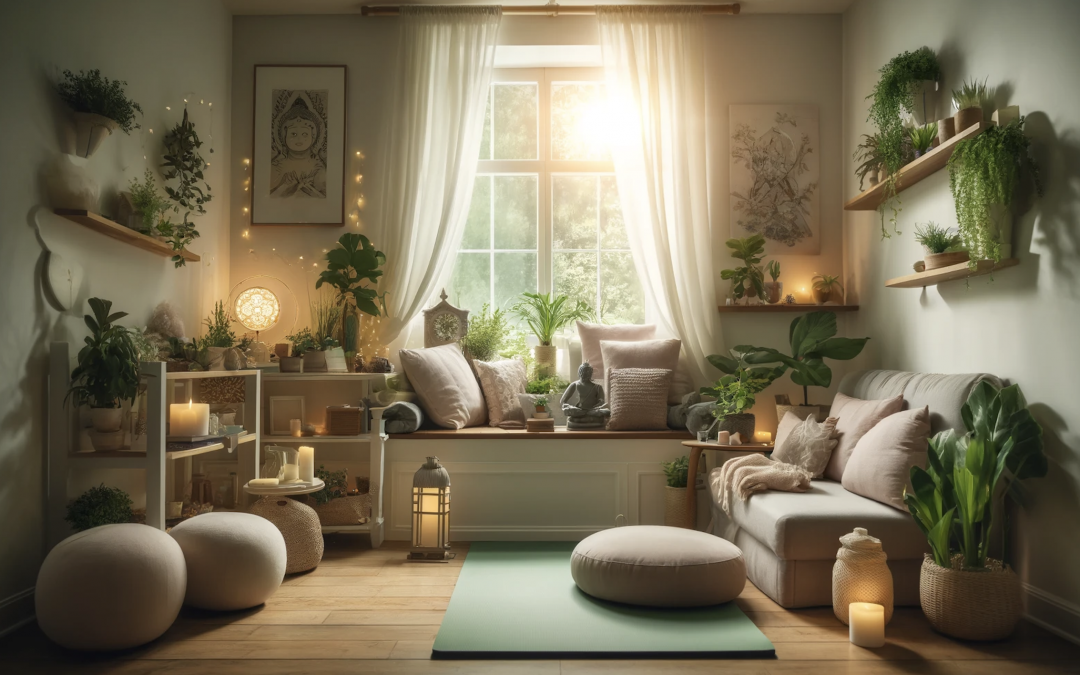In a world dominated by consumerism and constant distractions, many individuals are turning to minimalism to find clarity and contentment. Embracing a minimalist lifestyle is more than decluttering your home; it is about intentionally focusing on what truly matters. By eliminating excess, minimalism allows people to live with purpose and achieve maximum happiness.
What is a Minimalist Lifestyle?
A minimalist lifestyle revolves around living with less and appreciating more. It emphasizes quality over quantity, focusing on experiences, relationships, and meaningful possessions rather than material accumulation. The philosophy of minimalism encourages individuals to evaluate their priorities and remove distractions that hinder their personal growth and happiness.
Core Principles of Minimalism
- Intentional Living: Making conscious choices about what to keep and what to let go.
- Decluttering: Removing unnecessary items to create space and reduce stress.
- Sustainability: Embracing practices that minimize waste and promote eco-friendliness.
- Focus on Essentials: Prioritizing needs over wants to achieve a balanced life.
The Benefits of a Minimalist Lifestyle
1. Improved Mental Health
Clutter can lead to feelings of overwhelm and anxiety. By adopting a minimalist lifestyle, individuals create a serene and organized environment, which promotes peace of mind. The act of decluttering itself can be therapeutic, providing a sense of accomplishment and control.
2. Enhanced Focus and Productivity
Fewer distractions mean more time and energy to dedicate to meaningful tasks. A minimalist lifestyle allows for better focus, enabling individuals to achieve their goals efficiently. With a simplified environment, it becomes easier to concentrate and stay motivated.
3. Financial Freedom
Minimalism encourages mindful spending, helping individuals save money by avoiding unnecessary purchases. Over time, this leads to greater financial stability and the ability to invest in experiences that bring genuine joy, such as travel or education.
4. Stronger Relationships
By focusing less on material possessions, minimalists have more time to nurture relationships. A minimalist lifestyle fosters meaningful connections by prioritizing shared experiences and quality time over superficial exchanges.
5. Environmental Impact
Adopting a minimalist lifestyle contributes to sustainability. By consuming less, individuals reduce their carbon footprint and waste, promoting a healthier planet for future generations.
Steps to Embrace a Minimalist Lifestyle
Step 1: Declutter Your Space
Begin by assessing your belongings and identifying items you no longer use or need. Donate, sell, or recycle these items responsibly. Start with one room at a time to avoid feeling overwhelmed.
Step 2: Simplify Your Wardrobe
Adopt a capsule wardrobe consisting of versatile and timeless pieces. A minimalist approach to fashion saves time, reduces decision fatigue, and promotes sustainability.
Step 3: Practice Mindful Consumption
Before making a purchase, ask yourself whether the item adds value to your life. Avoid impulse buying and focus on situstoto quality over quantity. This mindset is essential for maintaining a minimalist lifestyle.
Step 4: Focus on Digital Minimalism
Declutter your digital space by organizing files, unsubscribing from unnecessary emails, and reducing screen time. Limit social media usage to prevent distractions and improve mental well-being.
Step 5: Cultivate Gratitude
Minimalism is about appreciating what you have. Practice gratitude daily to shift your focus from material desires to the abundance already present in your life.
Overcoming Challenges of a Minimalist Lifestyle
While the benefits of minimalism are numerous, transitioning to a minimalist lifestyle can be challenging. Here are some tips to overcome common obstacles:
- Emotional Attachment: Letting go of sentimental items can be difficult. Focus on the memories associated with the item rather than the object itself.
- Social Pressure: Consumer culture often equates success with material wealth. Remind yourself that happiness comes from within, not from possessions.
- Consistency: Maintaining a minimalist lifestyle requires ongoing effort. Regularly reassess your priorities and declutter as needed.
Minimalism Beyond Possessions
Minimalism extends beyond physical belongings. It is a mindset that influences all areas of life, including:
- Time Management: Prioritizing tasks and saying no to activities that do not align with your goals.
- Relationships: Focusing on quality interactions and eliminating toxic connections.
- Health: Simplifying routines to focus on essential habits like nutritious eating and regular exercise.
The Joy of Living Simply
A minimalist lifestyle is not about deprivation but about liberation. By freeing yourself from the burden of excess, you create space for what truly matters. Minimalism allows for greater self-awareness, intentionality, and a deeper appreciation for life’s simple pleasures.
READ MORE: Teh Hijau Mint: Minuman Sehat yang Menyegarkan dan Kaya Manfaat


:max_bytes(150000):strip_icc()/Dunlap-Family_Fall_HA_Williamsburg-VA_November-2018_TheVacationChannel_CWF-188-0e6a797c45a14bc4aa5047428300d76a.jpg)


